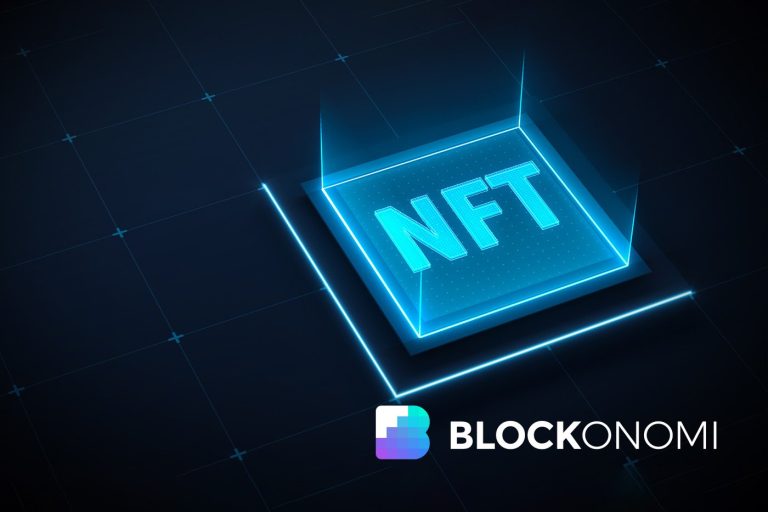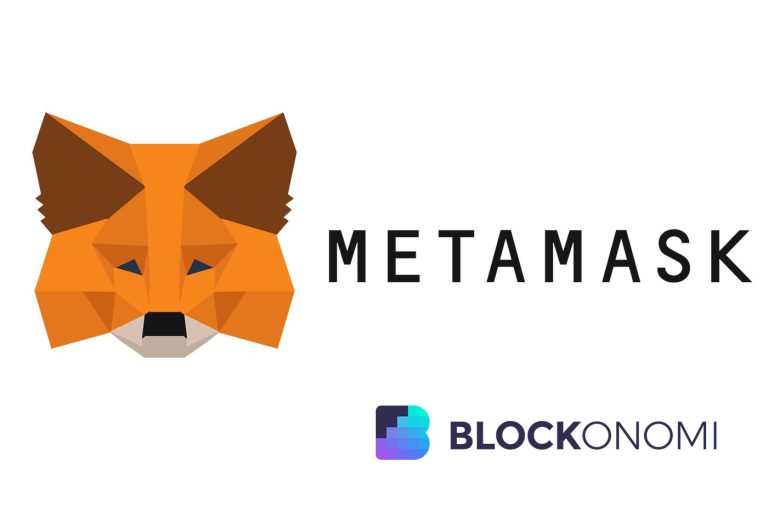Dogecoin ETF Pushes Cryptocurrency to Mainstream Investors
The cryptocurrency world is abuzz with the introduction of the first United States Dogecoin (DOGE) exchange-traded fund (ETF). But is this a watershed moment for crypto adoption or just another step in institutionalizing speculation? With debates raging, the new Rex-Osprey Dogecoin ETF (ticker: DOJE) is making waves across the financial and crypto communities alike.
The Evolution: From Meme to ETF
Unlike Bitcoin ETFs approved under the Securities Act of 1933, the DOJE takes a different regulatory pathway. Approved under the Investment Company Act of 1940, this ETF gains exposure to Dogecoin through a Cayman Islands subsidiary and derivatives to meet diversification requirements. This distinction broadens the conversation around memecoins and how they are integrated into traditional financial structures.
Dogecoin began as a joke in 2013, designed as a satire of Bitcoin’s scarcity. Its colorful origins didn’t hinder its rise—it has cemented itself as one of the top 10 cryptocurrencies by market capitalization. The coin boasts a vibrant community and even inspired the creation of the broader memecoin category, sparking debates about whether these assets promote innovation or merely speculation.
Institutional Speculation or a Step Forward for Adoption?
Critics argue that the Dogecoin ETF symbolizes the institutionalization of speculative assets. Brian Huang, co-founder and CEO of Glider, commented, “These ETFs charge high fees when investors could simply use platforms like Coinbase and buy Dogecoin directly.” Other skeptics point to Dogecoin’s unlimited supply and inflationary tokenomics, noting that it issues 10,000 new DOGE every minute—a design deliberately mocking Bitcoin’s capped issuance model.
However, proponents see this as a vital step in mainstream adoption. Maja Vujinovic, CEO of Digital Assets at FG Nexus, believes the Dogecoin ETF highlights the power of community momentum in pushing assets into regulated structures. This innovation reflects cryptocurrency’s ability to bridge financial culture with institutional structures, ultimately broadening appeal to mainstream investors.
If you’re interested in diving into the world of Dogecoin or other cryptocurrencies, consider tools like Coinbase, which provide an easy and secure platform for crypto investment.
Dogecoin: The Meme that Endures
Elon Musk’s endorsements of Dogecoin, alongside its resilience across bear markets, have made it one of the more recognizable cryptocurrencies. Tesla’s CEO once sent its price skyrocketing with a single tweet, making DOGE a household name even outside crypto circles.
Still, serious questions remain about whether memecoins like Dogecoin should compete with technically superior or revenue-generating altcoins. As Douglas Colkitt, a founding contributor at blockchain protocol Fogo, observed, “It’s paradoxical to see a memecoin leapfrogging ‘serious’ projects into ETFs, but it underscores the influence of culture over technical architecture.”
What’s Next for Crypto ETFs?
The SEC continues to evaluate over 90 cryptocurrency ETFs, including other memecoins like Bonk (BONK) and Pengu (PENGU), alongside tokens like XRP and Solana. With the Dogecoin ETF now approved, questions arise about how far the regulation of memecoins can—or should—go. Will such ETFs reinforce crypto’s cultural edge, or will they distract from innovations with clearer use cases?
According to industry leaders, the trend foreshadows broader adoption of regulated digital assets. As Vujinovic sums it up, “The pathway might not be a free-for-all due to liquidity and readiness requirements, but more tokens entering the regulated ETF space signal a shift in how cryptocurrencies are perceived.”
Conclusion
The launch of the Dogecoin ETF isn’t just about crypto trading; it’s a debate about regulation, culture, and speculative boundaries. Whether you’re a seasoned crypto investor or just starting, products like the Rex-Osprey Dogecoin ETF signify a shift in what’s possible in the cryptocurrency market. For those interested in exploring crypto investments further, platforms such as Binance and blockchain education portals can help guide you through the evolving landscape.




